This year’s Nutrition and Hydration Week (March 14th – 20th) highlights their significance for health and wellbeing.
Clinical Nutritionist, Suzie Sawyer, discusses their importance and shares five great tips on how to improve yours for better health.
Back to basics
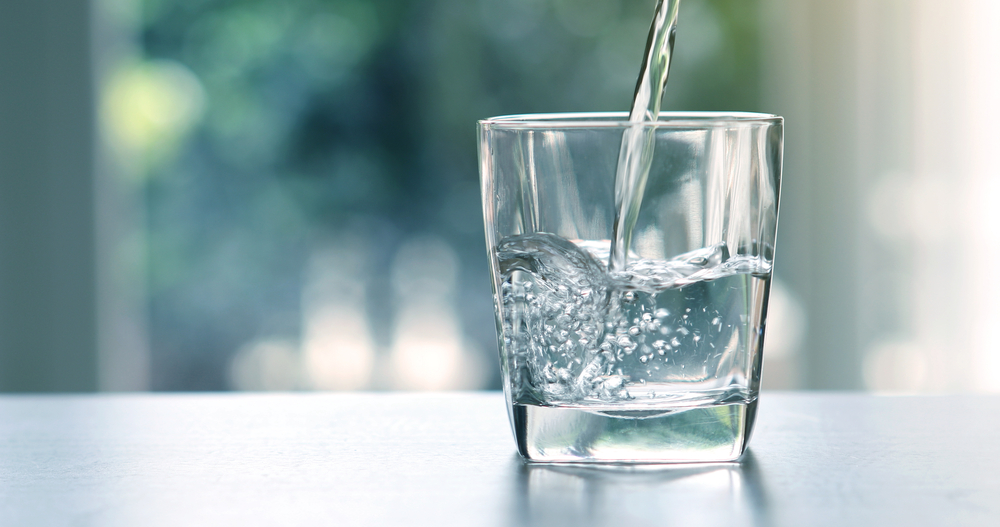
You might well be amazed by how quickly you will feel the benefits of making some small simple changes to your daily routine. For example, just drinking more water will benefit your skin, hair, digestion, as well as energy levels and mental alertness enormously.
We need to aim to drink six to eight glasses of water daily. Since we’re made up of around 75% water, if we’re not taking in sufficient liquid, the body becomes dehydrated at a cellular level. It’s important to be ahead of the thirst; once you feel thirsty, you’re already dehydrated. Make up your mind to drink more water during March and feel the difference immediately.
Get some colour in your life
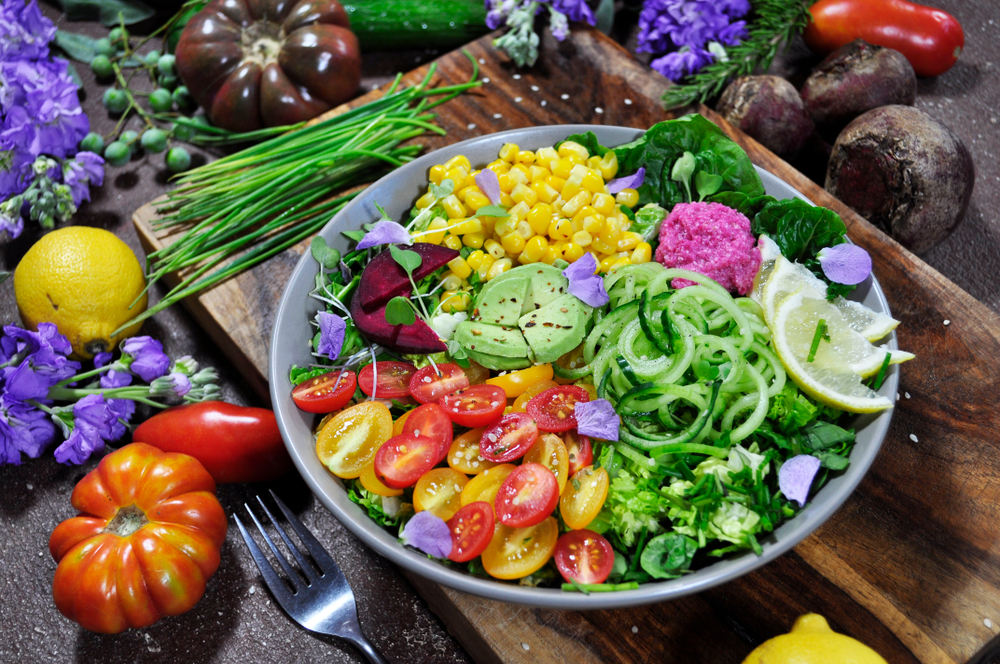
We all know the importance of fruits and vegetables in the daily diet, particularly as they help protect us from disease and premature ageing. But how many should we be eating each day and what does a portion look like?
Ditch the counting of portions of fruits and veggies; it’s too complicated! Just look at the colour on your plate at every meal time. Challenge yourself to have a rainbow every day and you’ll be eating plenty of fruits and vegetables. It won’t be long before you are rewarded with better health overall, and improved energy levels.
Be nutrient savvy
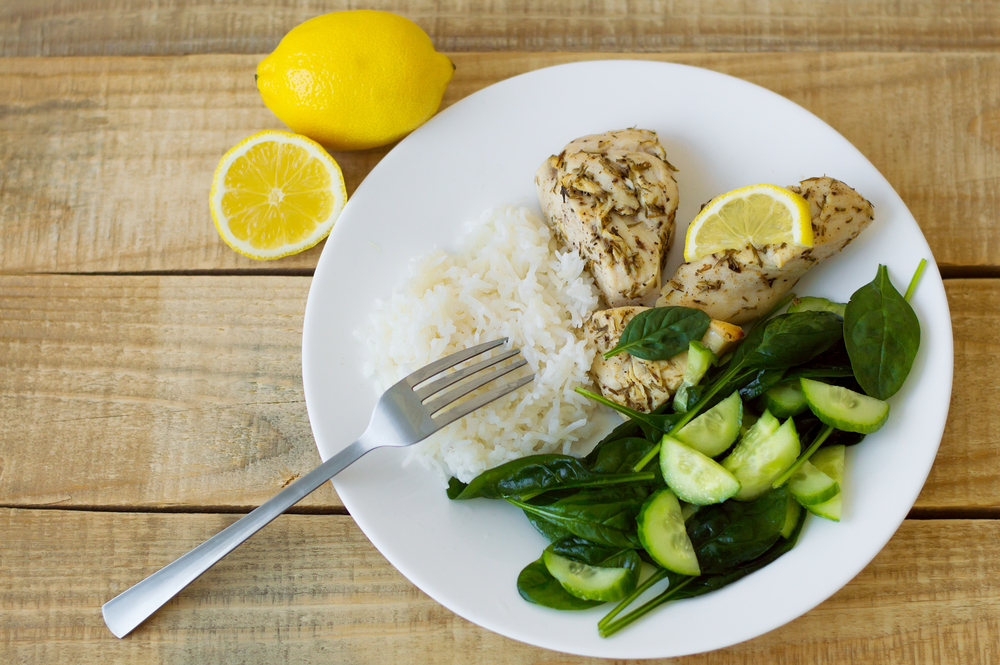
The human body is all about biochemistry and requires the nutrients from food to fulfil its numerous daily functions. Food is essential for preventing starvation but is also necessary for providing nutrients. For example, B-vitamins are not just utilised for energy production, they’re used in many complex biochemical reactions. Various forms of the mineral magnesium are needed by the citric acid cycle which is how the body produces its energy molecule called ATP (Adenosine triphosphate).
The body is an incredibly complex piece of machinery and needs many nutrients daily to function at its best. Use this week to focus on the variety of foods on your plate and eat foods as close to their natural form as you can to get maximum nutrient benefits.
Become more plant-based
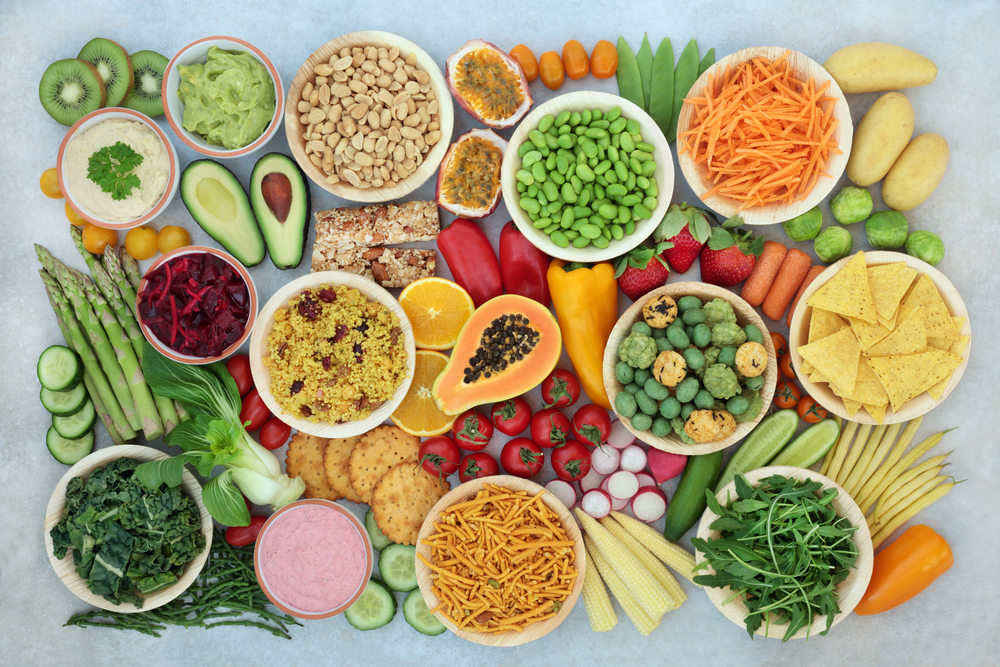
Most of us are more than aware of the difficult environmental issues facing us, and how eating more plant-based foods is good for the environment. But it’s also incredibly helpful for overall health. Plant-based foods are naturally rich in a huge range of nutrients. They also help to feed the all-important gut microbiome that plays such a key role in overall health.
Being flexitarian is becoming increasingly popular. While some people don’t necessarily want to give up all animal produce, eating plant-based maybe half of the week can work well and help to improve your overall health.
Cut back on junk
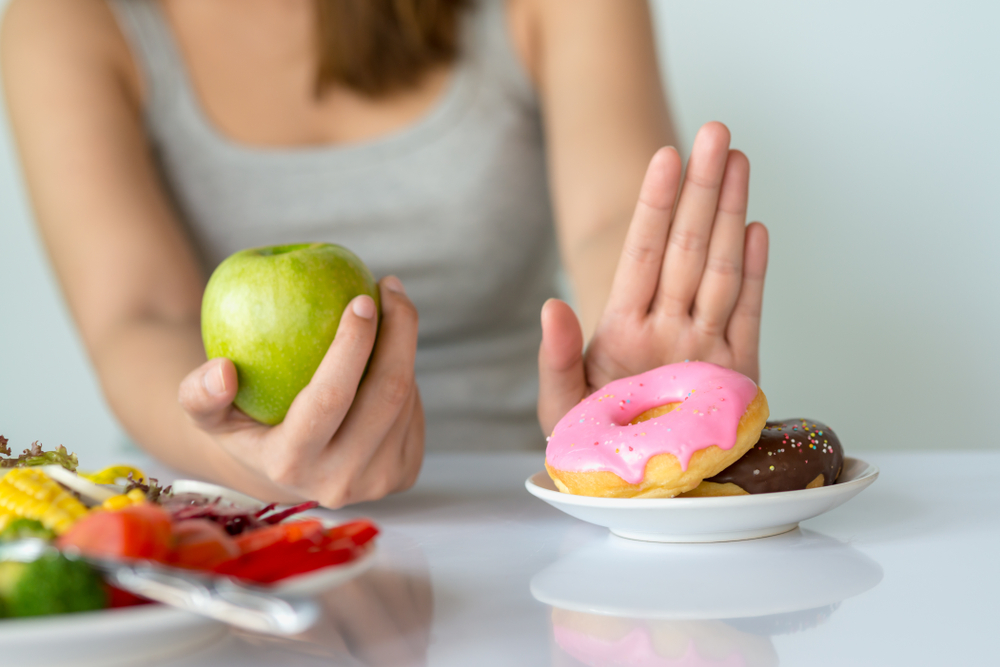
Of all the resolutions you might make during Nutrition & Hydration Week, cutting junk from your diet is probably one of the most effective health decisions you could make.
Junk food, as the name suggests, provides very little in terms of nutrients. Indeed, high-sugar foods can become anti-nutrients and deplete the body of those that it needs. Other products to ditch are foods like pot noodles, frozen pizzas, frozen turkey twizzle-type products, crisps and meals purchased from many fast-food chains, that provide little in terms of nutrients.
Your health and waistline will improve dramatically by eradicating or significantly reducing these foods from the daily diet.
So, why no use Nutrition & Hydration Week to re-set your eating and drinking habits for some great health wins!

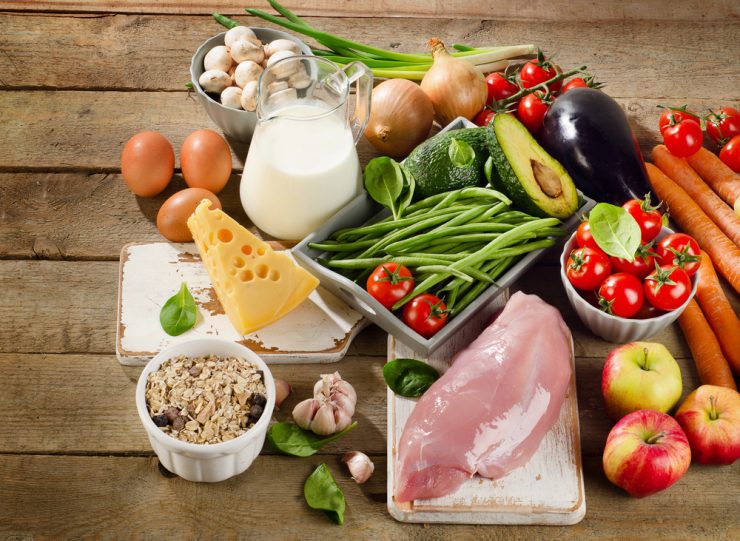






















Add comment